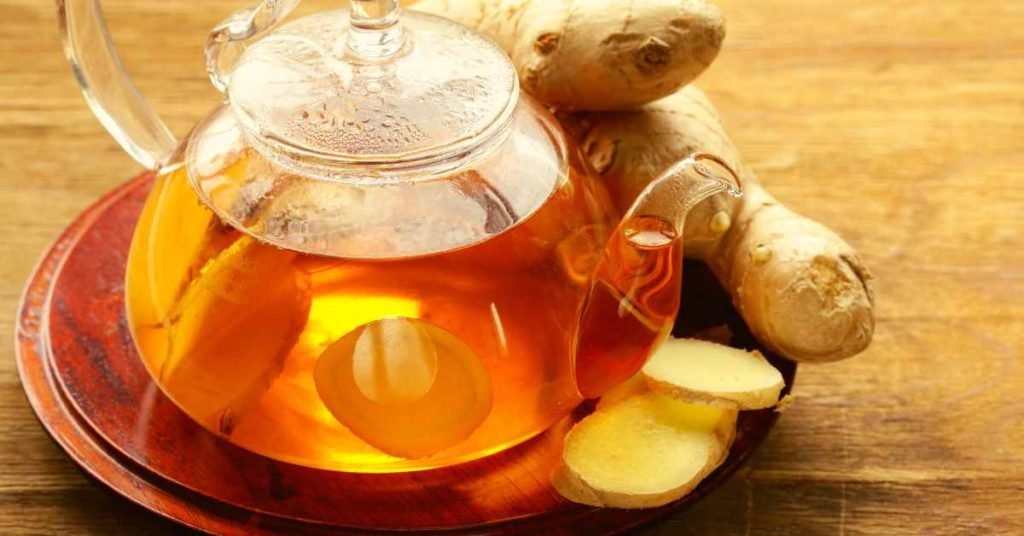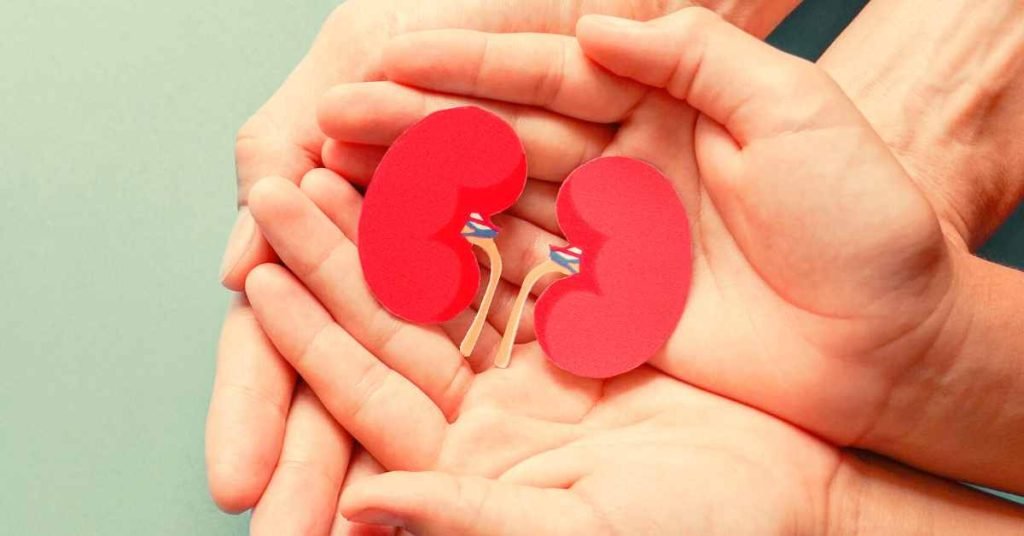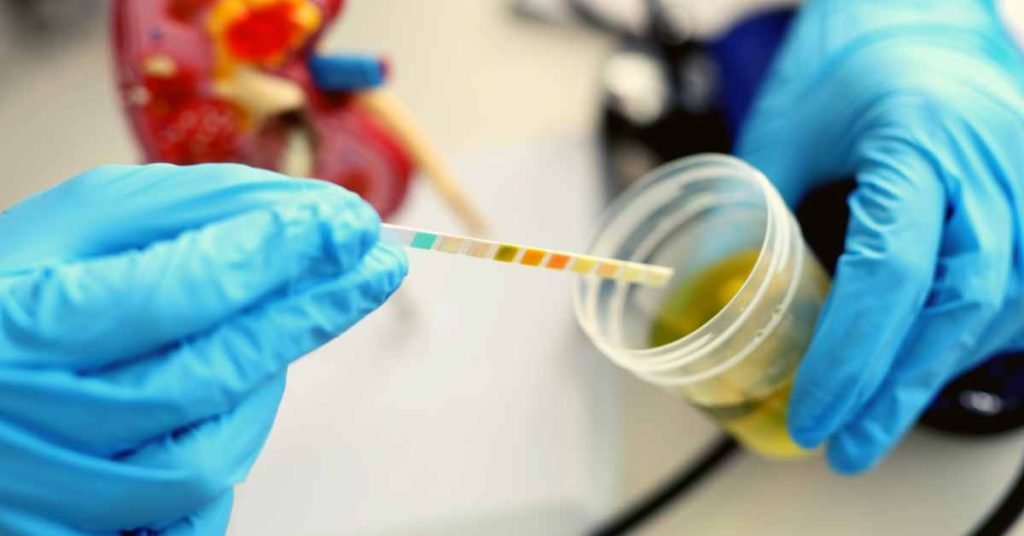Hematuria, the presence of blood in urine, can be a concerning symptom that often prompts individuals to seek medical attention.
It can be indicative of various underlying conditions, some of which may be benign, while others could be more serious.
While there is no tea that can directly “regulate” blood in urine, certain herbal teas and beverages can potentially support urinary tract health and provide relief in some cases.
In this article, we will explore the relationship between tea and hematuria, discussing whether or not tea can play a role in regulating blood in urine.
Understanding Hematuria

Hematuria can manifest as either gross hematuria (visible blood in the urine) or microscopic hematuria (blood cells detectable only under a microscope).
It can be caused by a variety of factors, including urinary tract infections, kidney stones, bladder or kidney infections, trauma, urinary tract injuries, and, in some cases, more serious conditions like kidney disease or cancer.
Hematuria is often a symptom rather than a condition in itself, making it important to identify the underlying cause.
The Role of Tea in Hematuria Management
Tea, particularly herbal teas, has been consumed for centuries and is well-known for its potential health benefits.
While tea itself is not a treatment for hematuria, certain herbal teas and lifestyle changes can support urinary tract health and potentially aid in the management of underlying conditions.
Hydration and Dilution
Staying well-hydrated is essential for overall health and can help dilute the concentration of substances in the urine, including blood.
Drinking water is the primary way to maintain proper hydration levels, but certain herbal teas can contribute to your daily fluid intake.
Caffeine-free herbal teas like chamomile, hibiscus, and ginger can be a flavorful and hydrating addition to your routine.
Chamomile tea, in particular, is known for its mild diuretic properties, which can promote the flushing of the urinary tract and the dilution of urine.

Maintaining proper hydration is crucial for urinary health, as it can help reduce the concentration of blood in the urine, providing some relief for those with hematuria.
Anti-Inflammatory Effects
Some herbal teas have anti-inflammatory properties that may benefit individuals with conditions that cause hematuria, such as urinary tract infections. Inflammation in the urinary tract can lead to symptoms like blood in the urine, discomfort, and pain.
Herbal teas like ginger and turmeric contain bioactive compounds with anti-inflammatory effects.
These teas can help reduce inflammation in the urinary tract, potentially alleviating the underlying cause of hematuria. While these teas are not a direct treatment for hematuria, they can offer support in managing related conditions.
Antioxidant Benefits
Antioxidants help protect the body’s cells from damage and may be beneficial for those with hematuria caused by conditions like kidney disease or urinary tract infections.
Teas, especially green tea, are rich in antioxidants known as catechins, which can help reduce oxidative stress and inflammation.
Green tea, in particular, has been associated with various health benefits, including improved kidney function.

The antioxidants in green tea may help protect the kidneys and urinary tract, potentially reducing the risk of blood in the urine in cases related to kidney dysfunction.
Immune Support
Certain herbal teas, like echinacea and elderberry, are known for their immune-boosting properties.
If an underlying infection is the cause of hematuria, these teas may help support the body’s immune system in fighting off the infection and, in turn, reduce the associated symptoms, including blood in the urine.
Echinacea tea, for example, contains compounds that can stimulate the immune system’s response to infections.
Elderberry tea is rich in antioxidants and has antimicrobial properties that may help combat urinary tract infections. By supporting the immune system, these teas can indirectly contribute to the management of hematuria related to infections.
Kidney Health
The kidneys play a vital role in filtering waste and excess fluids from the blood.
If kidney disease is the underlying cause of hematuria, supporting kidney health is crucial.
While tea itself cannot treat kidney disease, certain lifestyle changes and herbal teas can complement medical treatment.

Dandelion root tea is one such herbal option that is believed to support kidney health. It is considered a diuretic, which can help increase urine production and promote the elimination of waste products from the body.
Additionally, dandelion root tea may help reduce inflammation and oxidative stress in the kidneys, potentially providing some support for individuals with kidney-related hematuria.
Final Word
While tea, in and of itself, cannot “regulate” blood in urine, it can play a supportive role in addressing the underlying causes of hematuria and promoting urinary tract health.
Herbal teas can provide benefits such as hydration, anti-inflammatory effects, antioxidant protection, immune support, and assistance in maintaining kidney health.
However, it’s crucial to emphasize that hematuria is a symptom that requires proper medical evaluation and diagnosis to determine the underlying cause.
Tea and herbal remedies should not be used as a substitute for professional medical advice and treatment.
If you experience blood in your urine, it is important to consult with a healthcare provider who can perform the necessary tests to identify the cause and develop an appropriate treatment plan.
Tea can be a part of an overall strategy for health and well-being but should always be used in conjunction with medical guidance when dealing with symptoms like hematuria.
MEDICAL DISCLAIMER
Itsnevernotteatime.com cannot and does not contain medical/health advice. The medical/health information is provided for general and educational purposes only and is not a substitute for professional advice.




